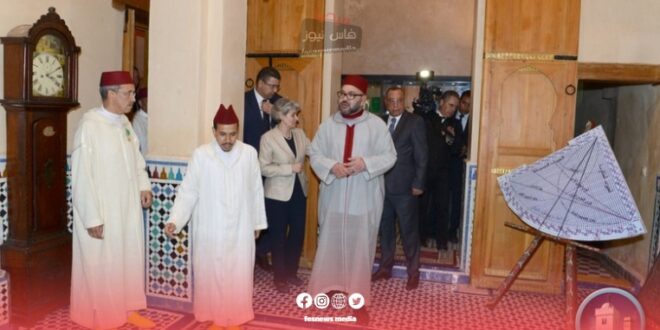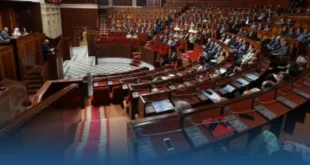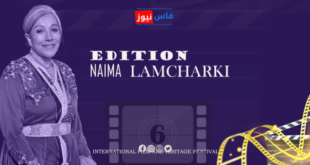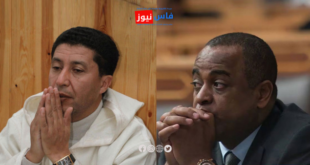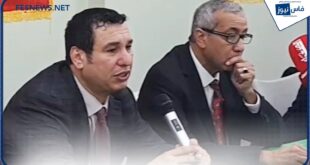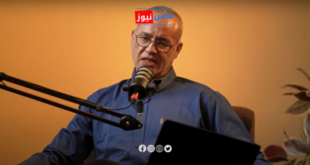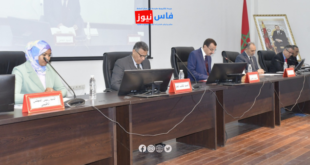As the Kingdom of Morocco celebrates the Silver Jubilee of His Majesty King Mohammed VI’s accession to the throne, observers highlight the notable achievements of the Moroccan monarch during his quarter-century reign, particularly in restructuring the country’s religious field.
Since assuming power, King Mohammed VI has given special attention to reorganizing the religious domain in Morocco. This was manifested through a comprehensive strategy aimed at unifying religious discourse and restructuring the scientific councils.
In the context of unifying religious discourse, the Moroccan monarch worked on centralizing the fatwa mission in the Supreme Council of Ulema and establishing a scientific committee for fatwa under its authority. He also emphasized the need to integrate religious discourse into the core of the kingdom’s societal project, while stressing moderation and temperance.
As for restructuring the scientific councils, the kingdom witnessed a significant increase in their number, from 19 councils at the beginning of King Mohammed VI’s reign to 70 scientific councils, with each prefecture and province having its own scientific council. These councils were assigned several tasks, most notably the religious framing of citizens and preserving the unity of the state’s official doctrine.
This attention was not limited to Morocco’s interior but extended to include Moroccan communities abroad. A president was appointed for the Scientific Council for Moroccans residing in Europe, and preachers are sent annually to various Moroccan communities there.
These religious reforms are considered part of King Mohammed VI’s comprehensive vision aimed at fortifying Moroccan religious identity and combating extremism, while maintaining Morocco’s role as a beacon of moderate and temperate Islam in the region and the world.
As the kingdom celebrates this historic occasion, Moroccans look forward to more achievements in the coming years under the leadership of His Majesty King Mohammed VI.
 فاس نيوز ميديا جريدة الكترونية جهوية تعنى بشؤون و أخبار جهة فاس مكناس – متجددة على مدار الساعة
فاس نيوز ميديا جريدة الكترونية جهوية تعنى بشؤون و أخبار جهة فاس مكناس – متجددة على مدار الساعة

